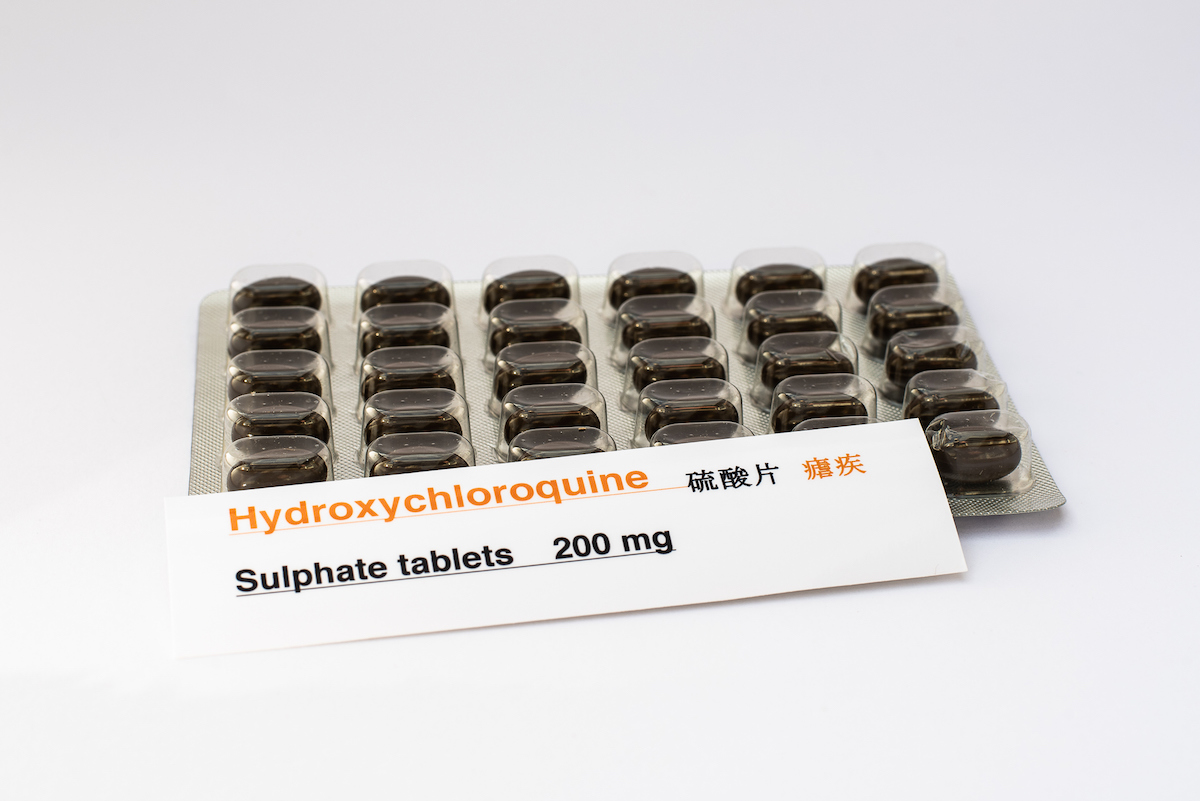<< Back
Hartford HealthCare Now Treating Some COVID-19 Patients with Anti-Malaria Drugs

April 02, 2020
Physicians with Hartford HealthCare have joined others around the country in using hydroxychloroquine and chloroquine to treat some hospitalized patients with coronavirus (COVID-19).
On March 28, the Food and Drug Administration issued an Emergency Use Authorization for the medications, which were developed for use against malaria and have been used to treat other autoimmune disorders such as lupus and rheumatoid arthritis.
Dr. Henry Anyimadu, an infectious disease specialist in the system’s Central Region, which includes The Hospital of Central Connecticut and MidState Medical Center, said the medications – which he said are given to HHC patients who are in “moderate to severe condition” and intubated in the intensive care unit – have side effects such as slowing the patient’s heart rhythm.
Dr. Anyimadu said they are cautious in using them because, while “scientific rationale” shows the medications “can interrupt viral replication” of COVID-19, clinical research data proving it is limited. A pair of trials is currently underway but results aren’t expected for several months.
“It’s only for select people in the hospital,” he said. “I wouldn’t want to propagate a false sense of hope that we have a cure or robust treatment for COVID-19.”
Instead, Dr. Anyimadu reiterated that people should follow guidelines for social distancing and staying at home to prevent the spread of the virus. In addition, he mentioned that other drugs being investigated at this time hold “hope for the future.”
Not feeling well? Call your healthcare provider for guidance and try to avoid going directly to an emergency department or urgent care center, as this could increase the chances of the disease spreading.
Click here to schedule a virtual visit with a Hartford HealthCare-GoHealth Urgent care doctor.
Stay with Hartford HealthCare for everything you need to know about the coronavirus threat. Click here for information updated daily.
Questions? Call our 24-hour hotline (860.972.8100 or, toll-free, 833.621.0600).
Get text alerts by texting 31996 with COVID19 in the message field.